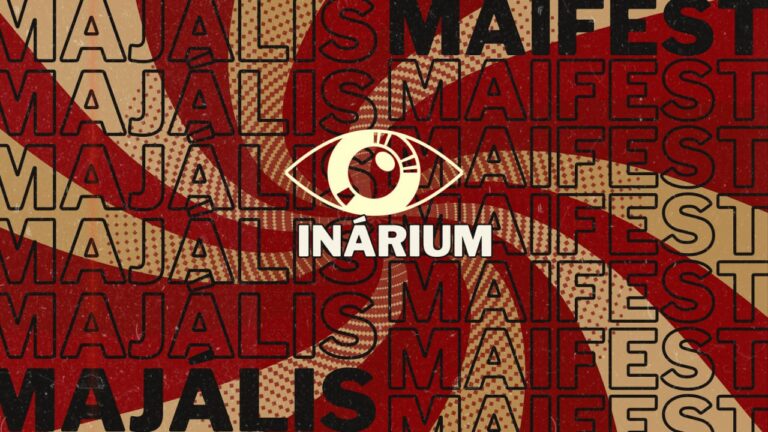ANALYSIS OF THE ORBÁN REGIME FROM A POLITICAL ECONOMY PERSPECTIVE
A magyar nyelvű változat az első oldalon olvasható.
Versiunea în limba română se află pe pagina a doua.
What’s the situation in Hungary? How does the Orban regime work and why? The latest issue of the Journal of Social Theory „Fordulat” analyzes current Hungarian political, economical and social processes. Many narratives about the „NER” have been born. The unique contribution of this issue is that its authors (members of the Working Group for Public Sociology „Helyzet”) do not examine the Orbán regime as a unique political construct, but within a broader framework of history and political economy on the basis of world system theory.
The panel discussion on the issue is a joint event of tranzit .ro/Cluj, a szem, the Gender Program of the Friedrich Ebert Foundation (FES) Budapest, Working Group for Public Sociology „Helyzet” and the Journal of Social Theory „Fordulat”.
The discussion will focus primarily on „women’s politics”, the gender regime, social structures and the cultural policies of the Orbán regime. We will address questions related to the family politics, abortion regulation, cultural wars, as well as the class structure in Hungary, and how all these relate to global capitalism. „Fordulat” is a journal of the College of Social Theory, Budapest. The table of contents of the latest issue and the introduction are now available on the website and the first thirty guests will receive a hard copy!
Program
7 pm – 7:15 pm Opening – Katona Noémi – FES
7:15 pm – 9:00 pm Roundtable discussion
Gergely Csányi – author, editor, member of the Situation Workshop
Márk Áron Éber – author, editor, member of the Situation Workshop
Noémi Katona – contributor, FES, member of the Situation Workshop
Márton Szarvas – author, member of the Situation Workshop
moderator: Noémi Bíró
Address: tranzit .ro/Cluj
street Napoca no. 16, 1st floor
Cluj, Romania
The language of the event is Hungarian with simultaneous interpretation (SI) in Romanian.









